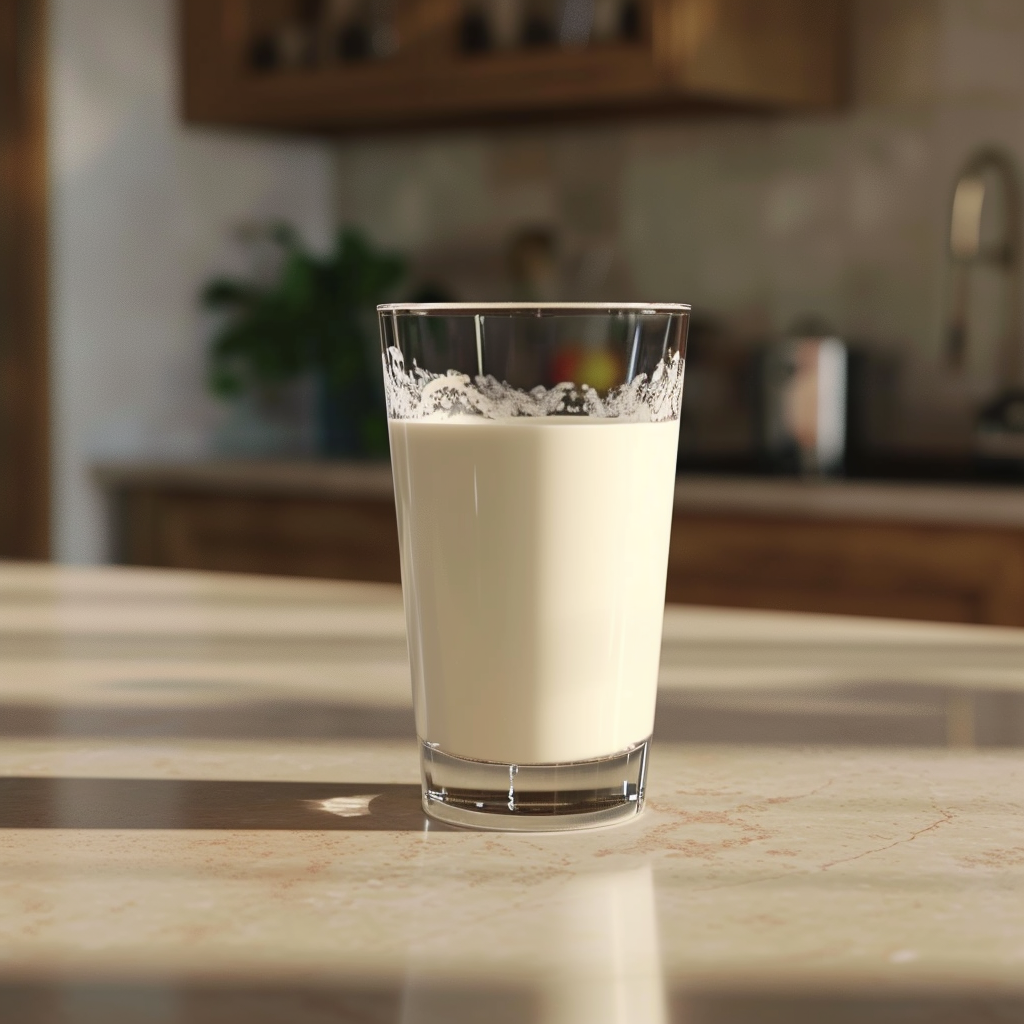Oat Milk Anyone?

"How Oat Milk Scammed the World!" the article screamed on my timeline. I was intrigued.
Our inherently suspicious mind loves a good story about yet another scheming, greedy corporation that has somehow scammed us.
So, is oat milk a scam?
One of the primary arguments being made about oat meal was its sugar content. I looked at several labels and found that a cup of oatmeal contains about 7 grammes of sugar. For context, one piece of bread is about 20 grammes of sugar.
Then I looked at the calories. Surprisingly, it said that the calories were about 100. Again, to compare, a slice of bread is 100 calories.
It had a bunch of other nutrients, which could easily be fortified. Fortified means the original food did not have it, but it was added back. Many loaves of bread make the same claim—fortified with calcium, for example.
So far, I was not able to find anything that sounded like a scam.
So what was I missing? Should all of you switch to oat milk?
Unfortunately, the answer to nutrition will always be yes or maybe.
Imagine you are lactose intolerant. You get bloated when you consume it. Then, sure, using oat milk as a substitute probably allows you to enjoy your coffee or tea with milk. So, what is not to like?
For starters, rolled oats have about 5 grammes of protein. By the time you get to oat milk, both the quality and quantity of the protein are poor. It cannot possibly be compared with natural milk protein, which has whey and casein.
So clearly, oat milk is not a good source of protein if that is what you are after.
Which is why nutrition is so confusing. It boils down to what you need and want and how your body reacts to those options.
Dont take what the internet tells you as gospel.
By the way, do not forget to tune into the next episode of TheRiteshBawriShow featuring Dr Jaishree Sharad, leading dermatologist who speaks to us about everything hair, skin and nails
Reach out to me on twitter @rbawri Instagram @riteshbawriofficial and YouTube at www.youtube.com/breatheagain






